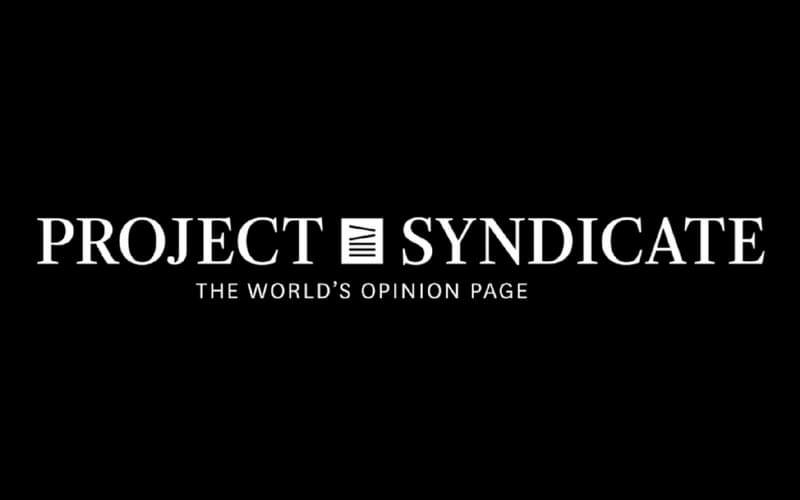Columbia Business School Global Immersion Program: Green Industrial Policy in Europe
Spring 2026 A-term course

Spring 2026 A-term course

Spring 2026 A-term course

by Chloe Aiello

Coalbed methane is an underappreciated problem of global steel production. While cutting methane emissions in the steel supply chain will not produce green steel overnight, it could reduce the sector’s emissions by the equivalent of a billion tons of carbon annually, and at little cost.
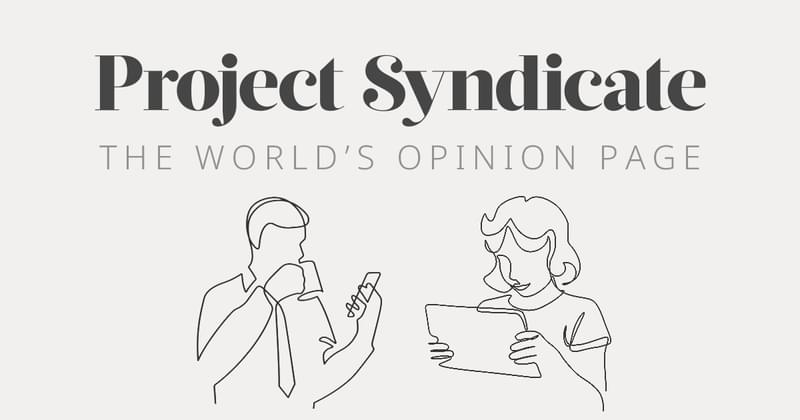
Columbia Business School
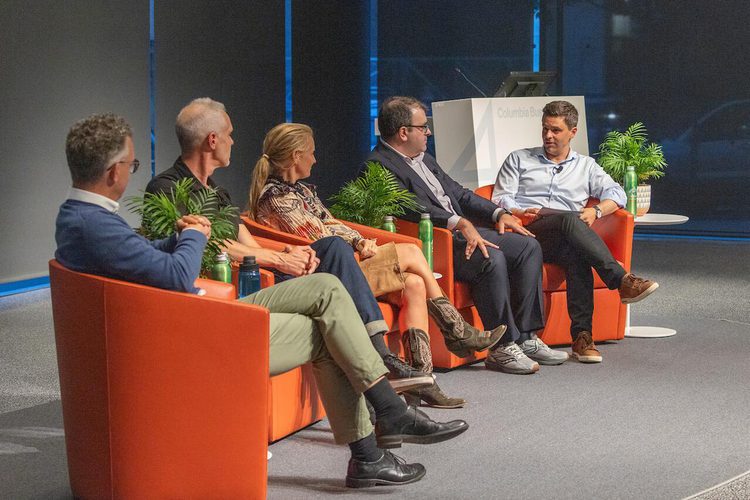
by Cody E. Finke, Theodore G. Albertson, Ian McKay, Aravindh Rajan, Eric McFarland, Annelise Gill-Wiehl, Daniel M. Kammen, and Gernot Wagner
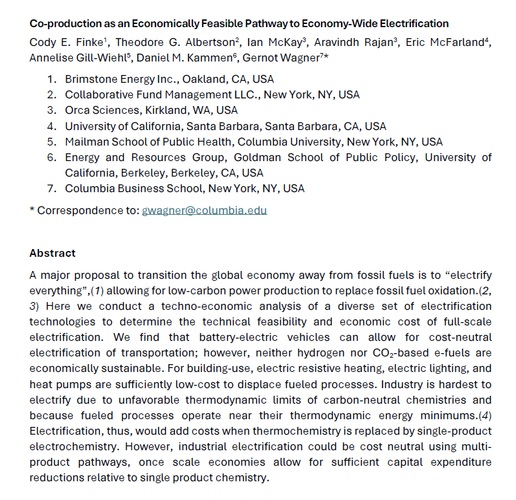
by Jonathan Sperling
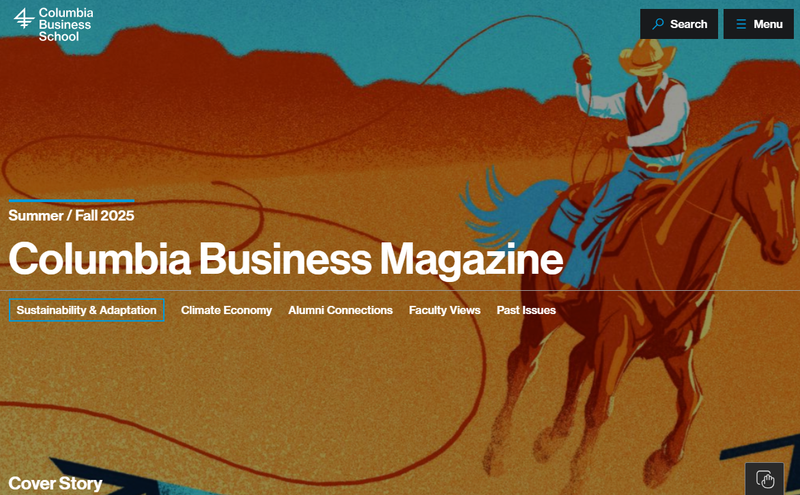
The YEARS Project mini-documentary
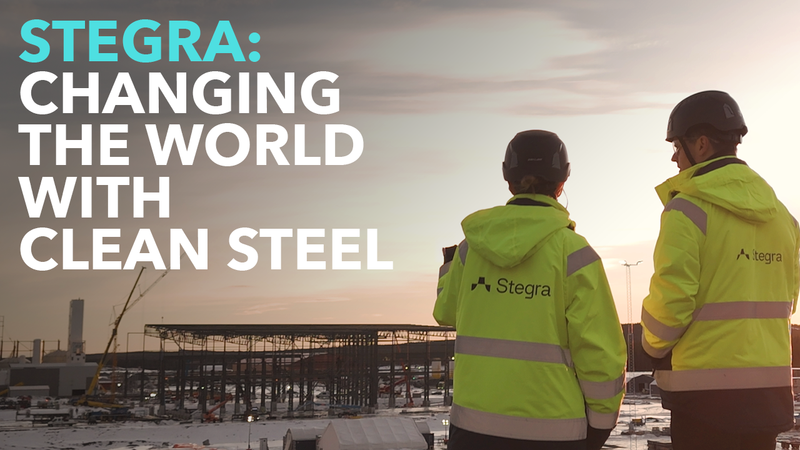
Just as the broader European economy depends heavily on Germany, the continent's industrial powerhouse, Germany's own economy depends on access to affordable power. With geopolitical and climate conditions requiring an urgent transition to renewables, the task now is to develop a politically viable energy strategy.
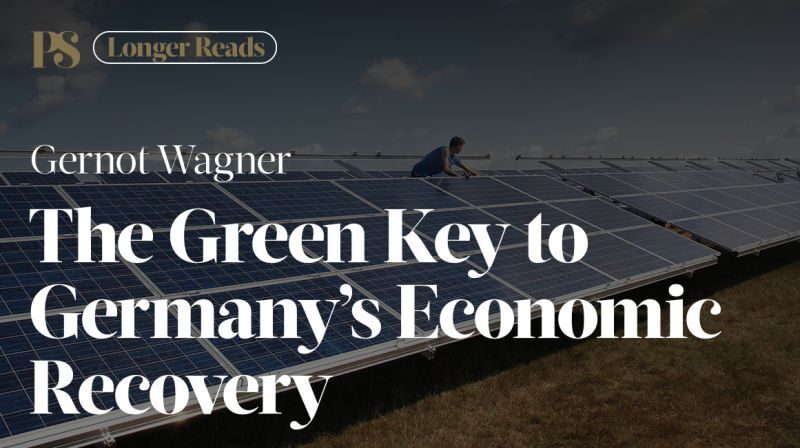
by Charli Shield & Sam Baker


Financial Times business school teaching case study
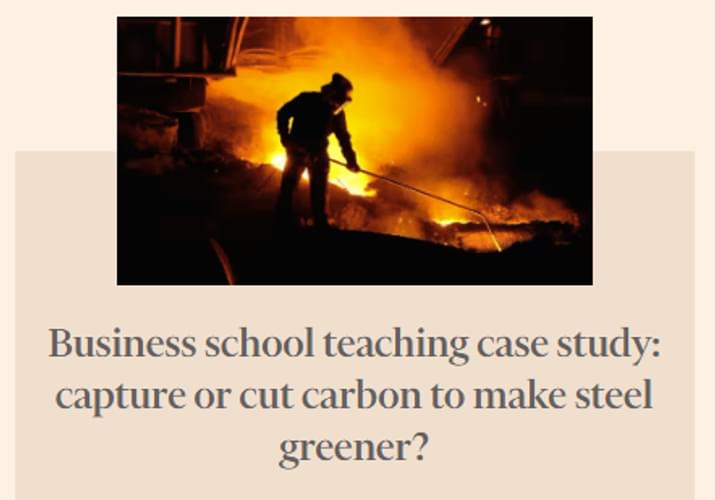
Columbia Business School Case

Columbia Business School Case

It is both technically possible and economically feasible to eliminate almost all the carbon dioxide from iron and steel production by mid-century, thus cleaning up an industry that accounts for 10% of global emissions. But progress will not happen without a concerted policy push.
